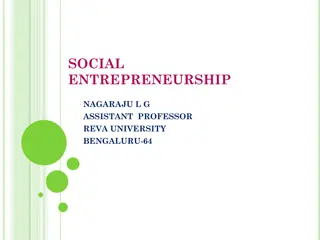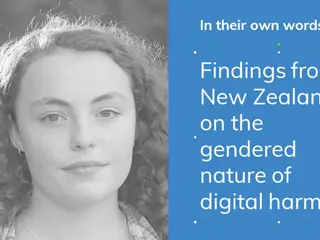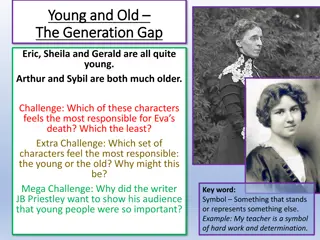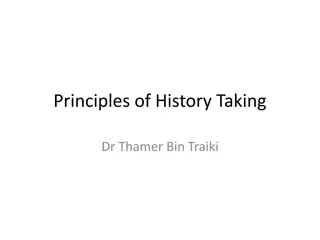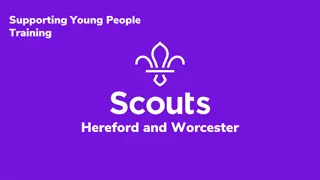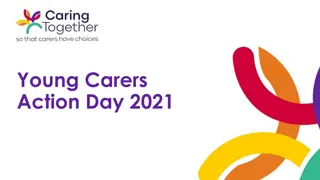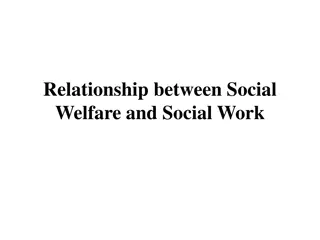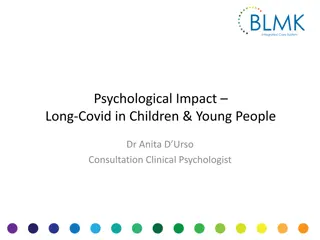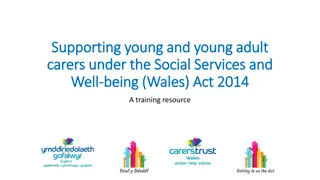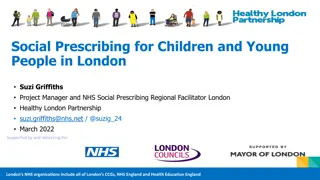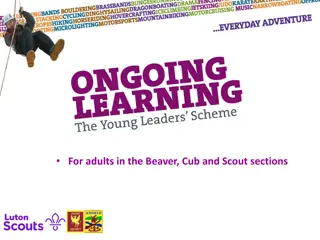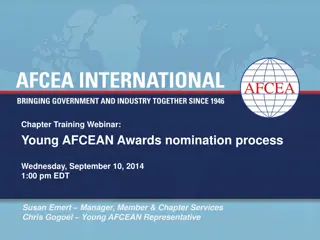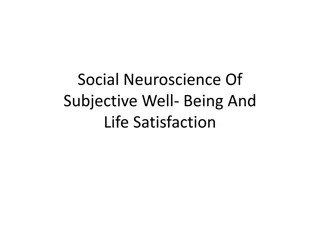HEEADSSS Social History for Young People - Importance and Implementation
Taking a social history is crucial for identifying and intervening in risky behaviors among young people, which can lead to preventable health risks and mortality. The HEEADSSS framework provides a structured approach to gathering information on various aspects of a young person's life, enabling healthcare professionals to address concerns early and offer appropriate support.
Download Presentation

Please find below an Image/Link to download the presentation.
The content on the website is provided AS IS for your information and personal use only. It may not be sold, licensed, or shared on other websites without obtaining consent from the author. Download presentation by click this link. If you encounter any issues during the download, it is possible that the publisher has removed the file from their server.
E N D
Presentation Transcript
HEEADSSS Social History for Young People 7 minute teaching module St Mary s Hospital Imperial College Katie Malbon 2021
Why take a social history? Developmental stage defined by risk taking and exploration of boundaries, can be overwhelming Significant health risks as a result e.g. unprotected sex STIs; RTAs account for 30% of teenage deaths; accidents/violence/suicide are top 3 causes of death These health risks are largely preventable A psychosocial history may detect problems early enough to intervene and prevent escalation of risky behaviours, reducing morbidity and mortality >25% of suicides are preceded by an A&E attendance with self-harm in the previous year
Doing a HEADSSS screen - where to find it on the intranet
Examples on how to ask questions Who lives with you? Where do you live? Tell me about school. What are your plans for future work? Does your weight or body shape cause you any stress? If so, tell me about it. What do you do for fun? How do you spend time with friends? Do any of your friends smoke cigarettes or drink alcohol? Other drugs? And how about you? Have you ever been in a romantic relationship? Have any of these relationships been sexual? How would you describe your sexuality? Tell me about the things that tend to get you down or stressed. What do you do when you feel worried? Have you thought about hurting yourself or someone else? Have you ever been seriously injured? Have you been picked on or bullied? Is there a lot of violence at home, or among your friends? Do you feel safe online?
Doing a HEEADSS screen wellwrapping up Summarising Give an opportunity to voice any other concerns Reinforce confidentiality and what they are happy for you to share Offer resources (see YP blog on CC4C website)





